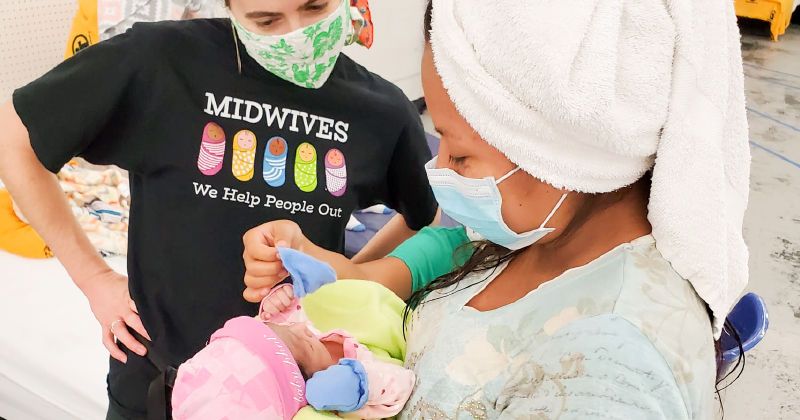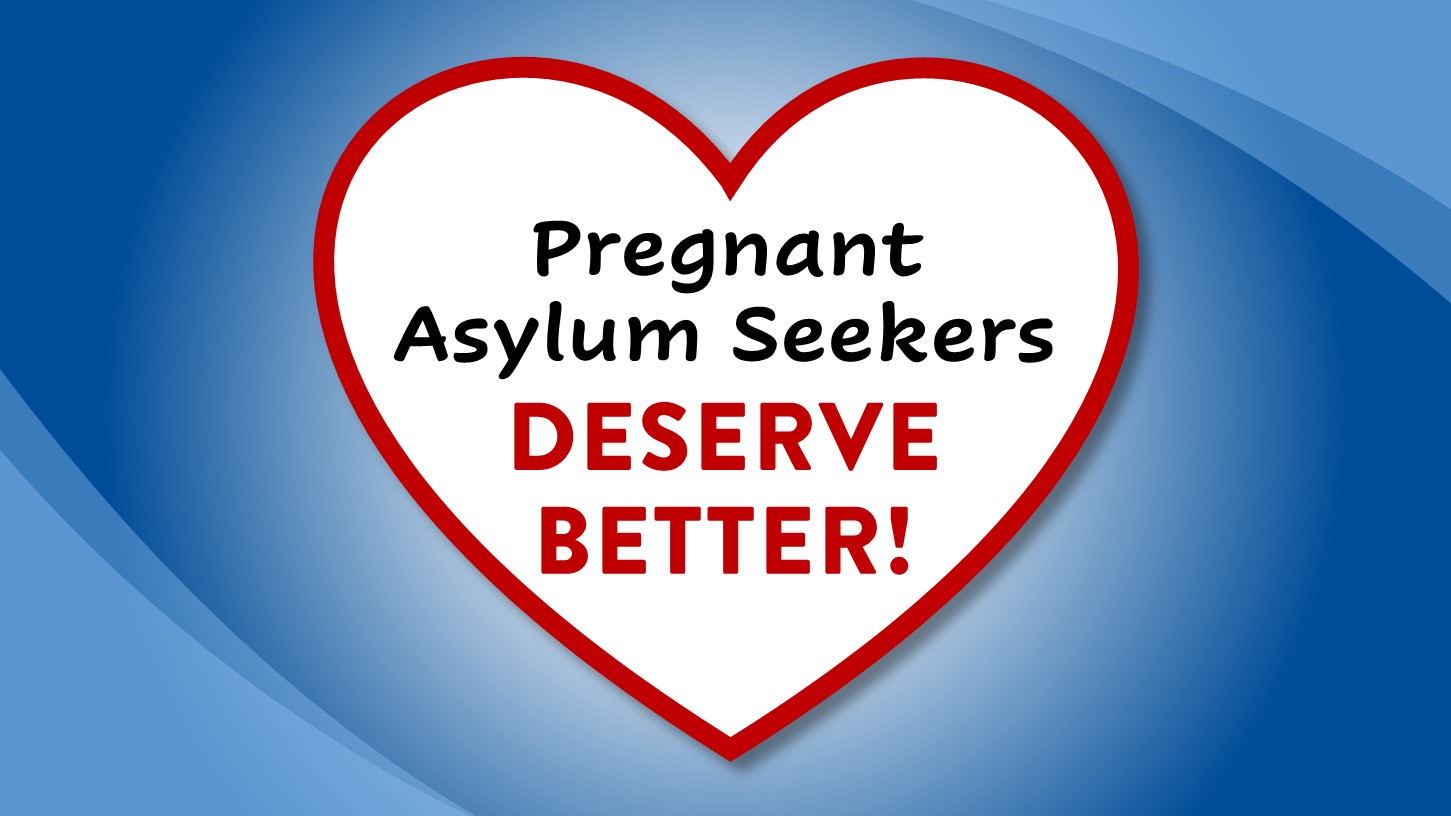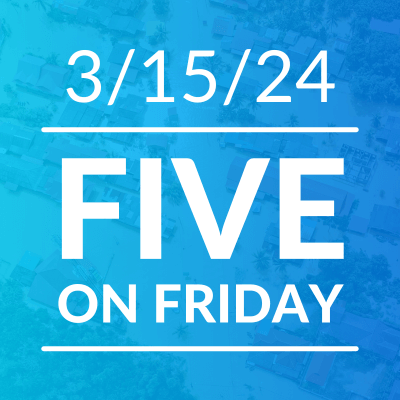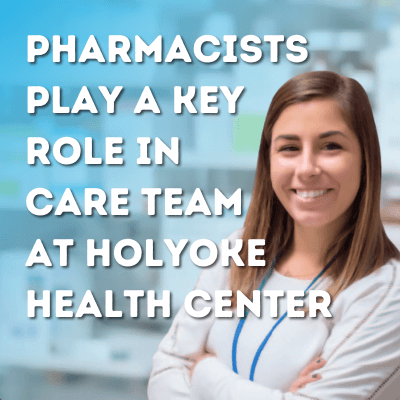Pregnant Asylum Seekers Deserve Better, with Pinky Garcia
[Content Note: This case study includes sexual assault.]
[Editor’s Note: This post comes to us from Nahiely Garcia, whom we call Pinky, one of our Health Network Associates in Texas. You can support Pinky’s work by donating to Migrant Clinicians Network. For $500, you can support case management for a pregnant asylum seeker like Karla, from their release after seeking asylum, to the safe birth of their babies in their new home communities.]
At Health Network, we help hundreds of pregnant asylum seekers every year. Their health needs are often complicated, and getting care for them is frequently very difficult because they are so late in their pregnancies. One patient I cared for this year stands out. Karla* was 37 weeks pregnant when she arrived at the immigrant shelter after being released from detention. She had family in a Midwest state and moved on quickly from the shelter, so by the time I received her enrollment paperwork, she was already in her new community. I talked with both Karla and her anchor contact – a non-migrating family member or friend who can give me updates when I’m not able to get in contact with the family – and learned about the local clinic. In trying to transfer her medical records to the local clinic, I was given the wrong fax number, transferred to three different departments, and accidentally hung up on before I succeeded. I checked in again with Karla and her anchor contact a few weeks later to make sure she was continuing to get prenatal care. Karla gave birth shortly after at a local hospital, so I called the hospital to get medical records. Karla wasn’t able to make one of her first postpartum care appointments because she didn’t have transportation, so I also called her clinic to reschedule, and helped Karla figure out costs. Soon after, she received a bill, and she called me to decode it.

All of these issues – barriers around cost, multiple and time-consuming calls to clinics to receive or send medical records and make appointments, assistance with non-medical needs that are integral to ensuring health, like transportation – are pretty standard for all of our patients, but Karla’s case was different. A few days after I spoke with her about insurance, she was sexually assaulted by a distant relative who was also her new boss. I’m sure she was grateful for work, as most asylum seekers are eager to start working and make a living in the US, but this left her in a position where she felt powerless to stop the assault. Even more troubling, she didn’t want to report it. She feared that contact with the police would negatively affect her asylum case.
I consulted with the MCN team on how to best support her. Over many texts with Karla, I encouraged her to make a police report and referred her to counseling. She had declined to discuss the assault during her most recent postpartum appointment, and I strongly encouraged her to talk about it with her doctor so she can get a referral to a counselor. She decided not to report, but she did begin to talk about it with her doctors.
She also shared with me that she had been bleeding regularly for almost two weeks since she got an IUD, so I worked to get her an appointment as soon as possible for that concern. I also of course let her know that if it got worse or if the pain from the IUD became too much, she should go to the emergency room. Luckily, she managed to get care quickly for that concern.

Two months later, Karla messaged me to tell me her child who had been left behind in Honduras had arrived, and she requested help connecting him to health care, too. She had tried calling the clinic but they didn’t ever answer her calls. I connected her with an appointment, made sure he was signed up for medical insurance, and sent Karla some information on vaccines for children in the US. A month later, I followed up to make sure they were sufficiently connected and settled in to care. Karla let me know she no longer needed assistance and was really thankful for our services.
I worked closely with Karla and spent many hours contacting her clinic and working on insurance and medical record paperwork. Over the course of almost eight months, I spent dozens of hours on this case, while also keeping up with over 100 other patients.
Each of the Health Network Associates has far more cases than we can handle – the need is so great, and the cases are so complicated. And each case requires time to build connection and trust with the patient, as well as thick skin to deal with dead-end calls to insurance, long hold times when calling clinics, and plenty of rejections when organizations or businesses can’t help the asylum seeker because they have too many charity cases, are understaffed, or can’t provide the services we need.

No one else in the world provides this type of virtual case management – for any migrating patient, with any type of health concern, moving to anywhere in the world. More than ever, Health Network is desperately needed, to support newly arrived asylum seekers, to ensure care for migrating farmworkers, to get urgent health needs of children met, to save lives.
For $500, you can support case management for a pregnant asylum seeker like Karla, from their release after seeking asylum, to the safe birth of their babies in their new home communities.
*Patient name and some identifying details have been altered to protect the patient’s anonymity.
Got some good news to share? Contact us on our social media pages above.
Return to the main blog page or sign up for blog updates here.
- Log in to post comments






